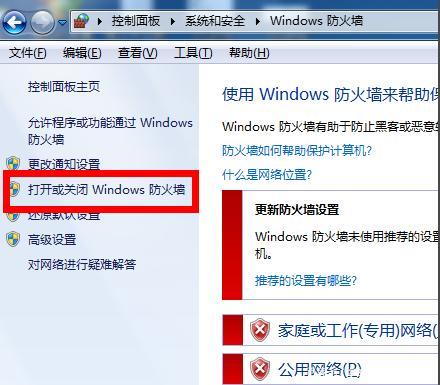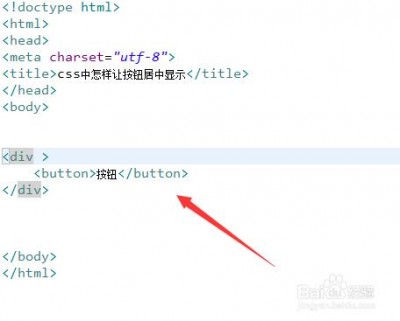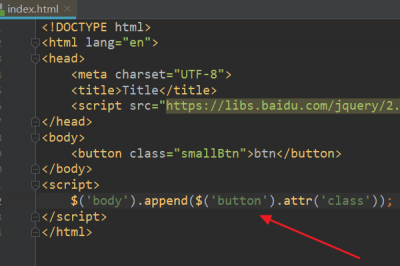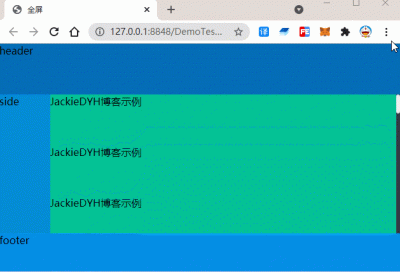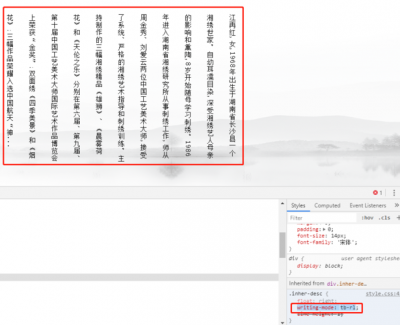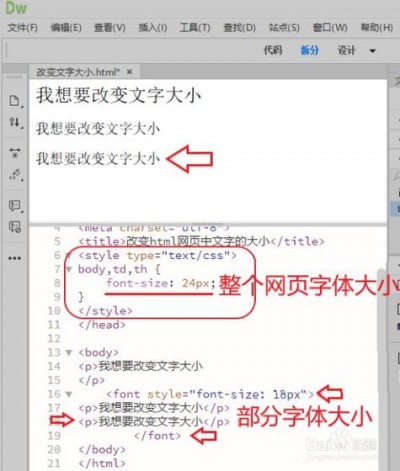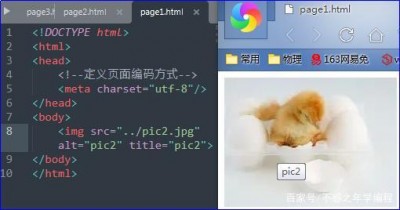在CentOS操作系统中,防火墙通常由iptables或firewalld管理,根据您使用的CentOS版本和默认的防火墙工具,关闭防火墙的方法可能会有所不同,以下是两种常见情况下关闭CentOS防火墙的步骤。
使用iptables关闭防火墙
若您的系统使用的是iptables作为防火墙,可以按照以下步骤关闭它:
1、检查iptables服务状态:
“`shell
service iptables status
“`
如果iptables正在运行,您将看到输出中的running字样。
2、若要停止iptables服务,请执行:
“`shell
service iptables stop
“`
3、确认iptables服务已停止,再次检查其状态:
“`shell
service iptables status
“`
4、若要使iptables在系统启动时不自动启动,执行:
“`shell
chkconfig iptables off
“`
使用firewalld关闭防火墙
如果您的系统是较新版本的CentOS,可能默认使用firewalld作为防火墙,以下是关闭firewalld的步骤:
1、检查firewalld服务状态:
“`shell
systemctl status firewalld
“`
如果firewalld正在运行,您将在输出中看到active (running)字样。
2、要停止firewalld服务,请执行:
“`shell
systemctl stop firewalld
“`
3、确认firewalld服务已停止,再次检查其状态:
“`shell
systemctl status firewalld
“`
4、若要禁用firewalld使其在系统启动时不自动启动,执行:
“`shell
systemctl disable firewalld
“`
相关问答FAQs
Q1: 关闭防火墙是否安全?
A1: 关闭防火墙可能会使您的系统暴露于外部威胁,因为防火墙是用来防止未授权的访问和保护系统免受网络攻击的重要安全措施,在关闭防火墙之前,请确保您了解潜在的风险,并确保采取了其他安全措施来保护您的服务器。
Q2: 我该如何重新启用防火墙?
A2: 如果您决定重新启用防火墙,可以根据您使用的防火墙工具(iptables或firewalld)执行相应的命令来启动服务,对于iptables,您可以使用service iptables start命令;对于firewalld,则可以使用systemctl start firewalld命令,如果您之前已经将其设置为开机自启,那么在下次系统启动时,防火墙会自动启动,如果没有设置自启动,您可以使用chkconfig iptables on(对于iptables)或systemctl enable firewalld(对于firewalld)来设置。
在管理防火墙时,始终要考虑安全性和业务需求之间的平衡,如果您需要放行特定的端口或服务,应该在关闭防火墙之前配置相应的规则,以确保系统的安全性不受影响。
